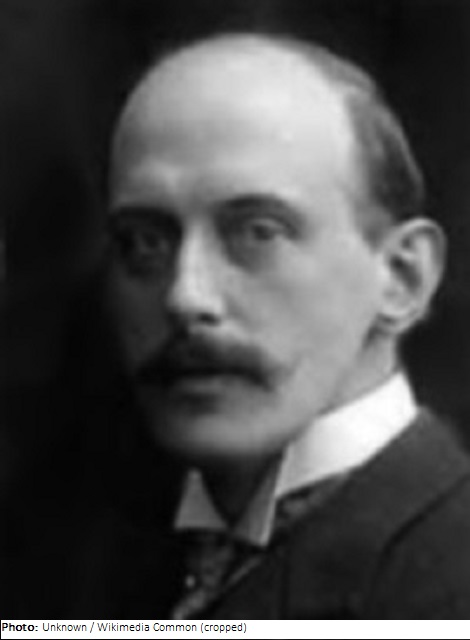
| Roles | Referee |
|---|---|
| Sex | Male |
| Full name | Max Emil Julius•von Schillings (Schillings-) |
| Used name | Max•von Schillings |
| Born | 19 April 1868 in Düren, Nordrhein-Westfalen (GER) |
| Died | 24 July 1933 (aged 65 years 3 months 5 days) in Berlin, Berlin (GER) |
| NOC |  Germany Germany |
Composer and conductor Max von Schillings studied violin, piano, and composition while attending high school in Bonn. He then studied law, philosophy, literature and art at the Universitat de München. He met Richard Strauss and, under his influence, decided to devote himself entirely to music.
In 1892, von Schillings was engaged as assistant stage manager at the Bayreuth Festival, and in 1902 became chorus director. He then worked as a conductor and music teacher in München and was appointed professor in 1903. In 1908 he went to Stuttgart as assistant to the director of the Royal Opera and later became its musical director (1911-18). He was ennobled at the inauguration of the new opera house there in 1912. From 1919-25 he was artistic director of the Berlin State Opera. As a conductor, he made several trips to the U.S. In 1923, he married soprano and opera director Barbara Kemp (1881-1959) in his second marriage. From 1924-32 he was musical director of the Municipal Forest Opera in the Baltic Sea resort of Sopot (previously Zoppot). In the last year before his death, he was artistic director of the Municipal Opera in Berlin.
Von Schillings was an opponent of the Weimar Republic and an avowed anti-Semite. In 1932, he was appointed president of the Prussian Academy of Arts and joined the Nationalsozialistische Deutsche Arbeiterparte (NSDAP / Nazi party) in 1933. After the Nazis came to power, he enforced the political and racist Gleichschaltung of the Academy and excluded, among others, the poet Franz Werfel (1890-1945) and the composer Arnold Schönberg (1874-1951). At the same time, he received the Goethe Medal for Art and Science. He died after an operation for bowel cancer. At his funeral service, SA and SS held honorary guards.
As a composer, von Schillings started from the music of Richard Wagner, but later approached French Impressionism and Italian Verismo. His major works are considered to be the opera Mona Lisa (1915) and the melodrama Hexenlied (Witches’ Song, 1904). In addition, he wrote primarily orchestral and chamber music.
| Games | Sport (Discipline) / Event | NOC / Team | Phase | Unit | Role | As | |
|---|---|---|---|---|---|---|---|
| 1928 Summer Olympics | Art Competitions |  GER GER |
Max von Schillings | ||||
| Music, Compositions For Orchestra, Open (Olympic) | Final Standings | Judge | |||||
| Music, Compositions For Solo Or Chorus, Open (Olympic) | Final Standings | Judge | |||||
| Music, Instrumental And Chamber, Open (Olympic) | Final Standings | Judge |